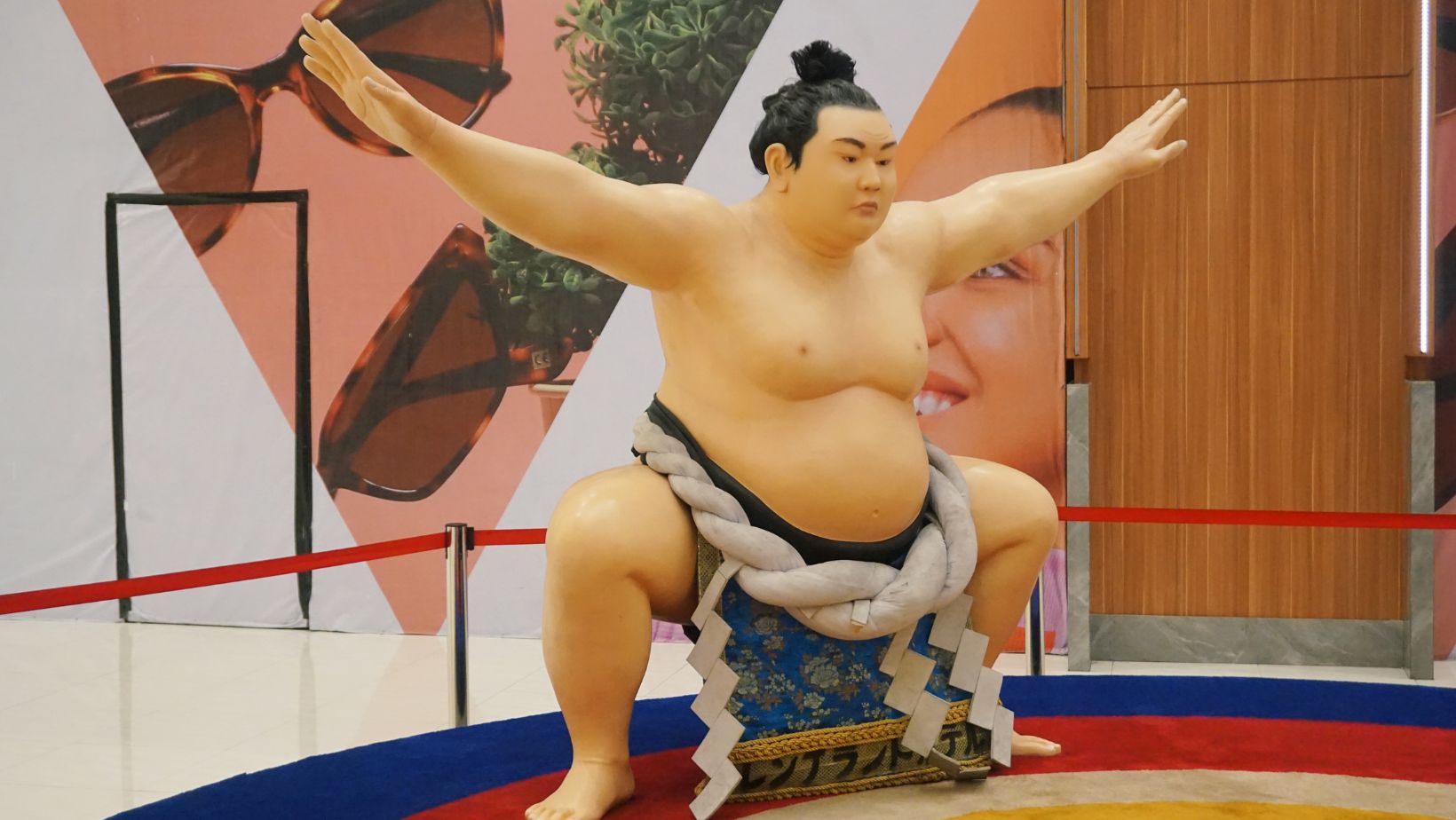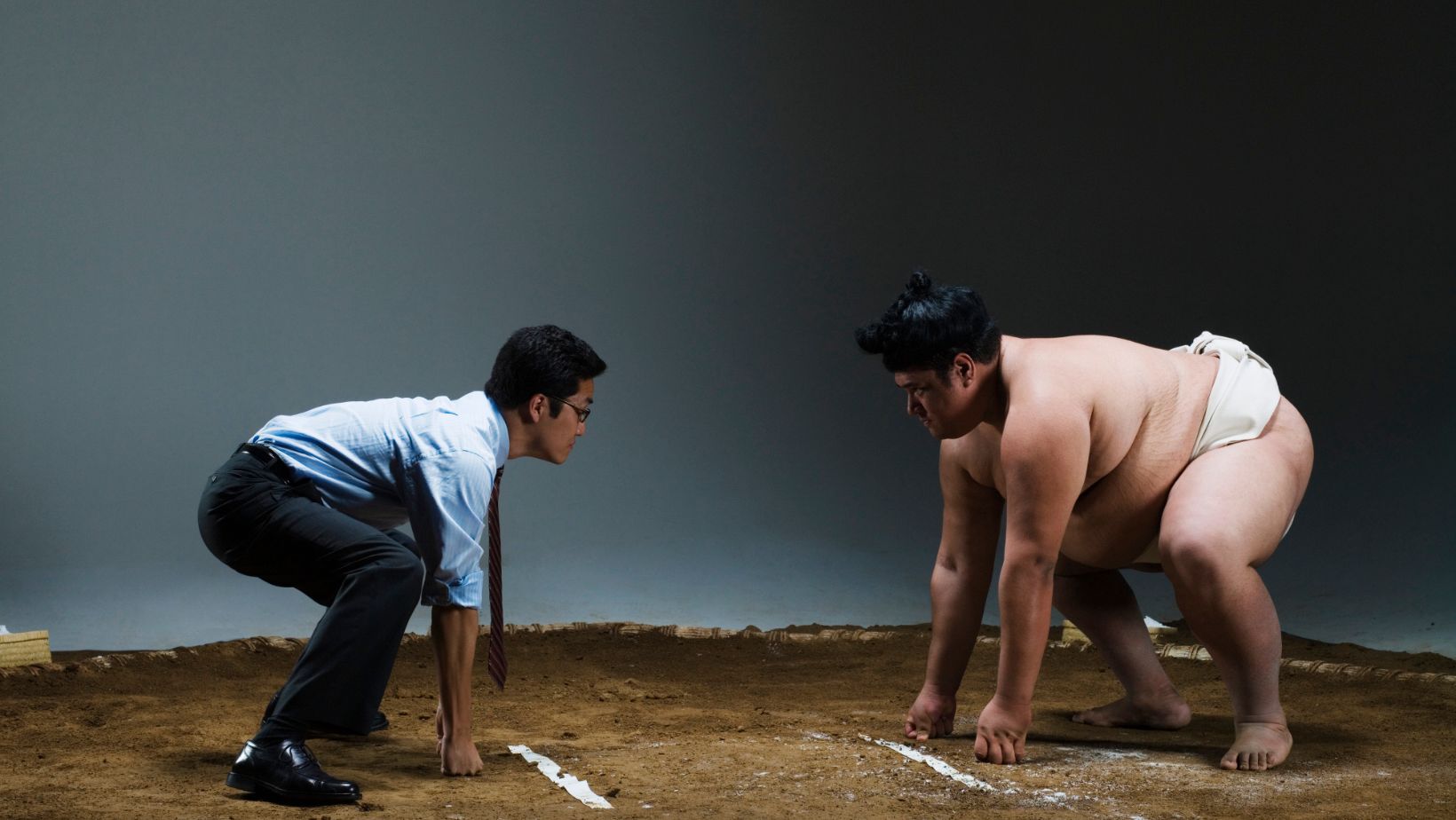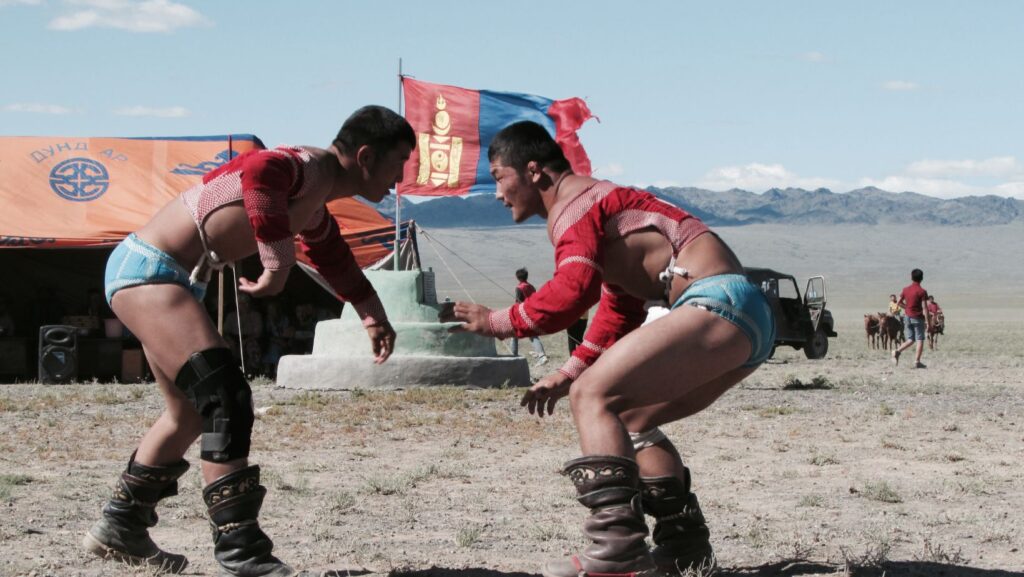
In the heart of every culture lies a unique set of traditional sports and, games that have been passed down through generations, weaving the fabric of communities together. These activities are more than just physical contests; they’re a vibrant expression of history, identity, and unity. From the sumo rings of Japan to the ancient ball courts of Mesoamerica, traditional sports offer a fascinating glimpse into the world’s diverse cultures.
Exploring these age-old games reveals not only the competitive spirit inherent in humanity but also the profound respect for tradition and the ways in which these practices have evolved over time. As modern sports take the global stage, the charm and significance of traditional sports remain undiminished, inviting enthusiasts and the curious alike to delve into their rich heritage. This journey into the realm of traditional sports uncovers the enduring legacy and the unbreakable bond they create among communities.
Traditional Sports
Defining Traditional Sports
Traditional sports encompass a wide range of physical contests rooted in the customs and cultural heritage of societies around the world. And Unlike mainstream sports, which often gain popularity through global broadcasts and professional leagues, traditional sports remain closely tied to the indigenous practices, festive celebrations, and community life of specific regions or ethnic groups. Examples of traditional sports include sumo wrestling in Japan, Gaelic games in Ireland, and kabaddi in the Indian subcontinent, among others. Each of these sports offers a unique set of rules, equipment, and playing fields, reflecting the geographical, historical, and social contexts from which they originate.
The Cultural Significance of Traditional Sports

The cultural significance of traditional sports cannot be overstated. These activities serve as vital expressions of community identity, history, and values, connecting individuals to their ancestors and reinforcing social bonds. Traditional sports often play a pivotal role in ceremonies, festivals, and communal gatherings, symbolizing unity, competitiveness, and the human spirit’s resilience. Further, they act as repositories of folklore, embodying myths, legends, and stories that have been passed down through generations. By participating in or observing these sports, community members reinforce their cultural heritage and contribute to its preservation for future generations.
Popular Traditional Sports
Traditional sports serve as a profound reflection of a society’s history, culture, and values. These activities not only entertain but also strengthen social bonds, honor ancient customs, and celebrate the athletic prowess rooted deeply in a community’s heritage. The following sections delve into some of the world’s most recognized traditional sports, illustrating their significance and unique characteristics.
Sumo Wrestling – Japan

Sumo wrestling, Japan’s national sport, is a compelling spectacle of strength, tradition, and ceremony. Originating from ancient rituals related to Shinto religion, sumo has evolved over centuries yet retains many of its ceremonial aspects, making it a vivid representation of Japanese culture and tradition. In sumo, two wrestlers (rikishi) face off in a circular ring (dohyo), with the objective being to force the opponent out of the ring or make any part of his body, other than the soles of his feet, touch the ground. Matches are steeped in tradition, from the ritual purification of the ring with salt to the distinctive attire of the wrestlers. Sumo tournaments (honbasho) draw massive crowds, showcasing the enduring appeal of this traditional sport.
The practice of sumo wrestling emphasizes discipline, respect, and perseverance, values deeply ingrained in Japanese society. Wrestlers live in specialized training stables (heya), where they undergo rigorous training regimes and adhere to strict lifestyles aimed at cultivating not just physical strength but also mental and emotional fortitude. The rank of a sumo wrestler (banzuke) is highly competitive, with the highest title of Yokozuna being revered and recognized for exceptional skill, dignity, and honor.
Sumo wrestling’s significance extends beyond the sport itself, acting as a living link to Japan’s past and a vibrant part of its cultural identity. Through sumo, spectators and participants alike connect with Japan’s rich history, making it a cornerstone among traditional sports.

